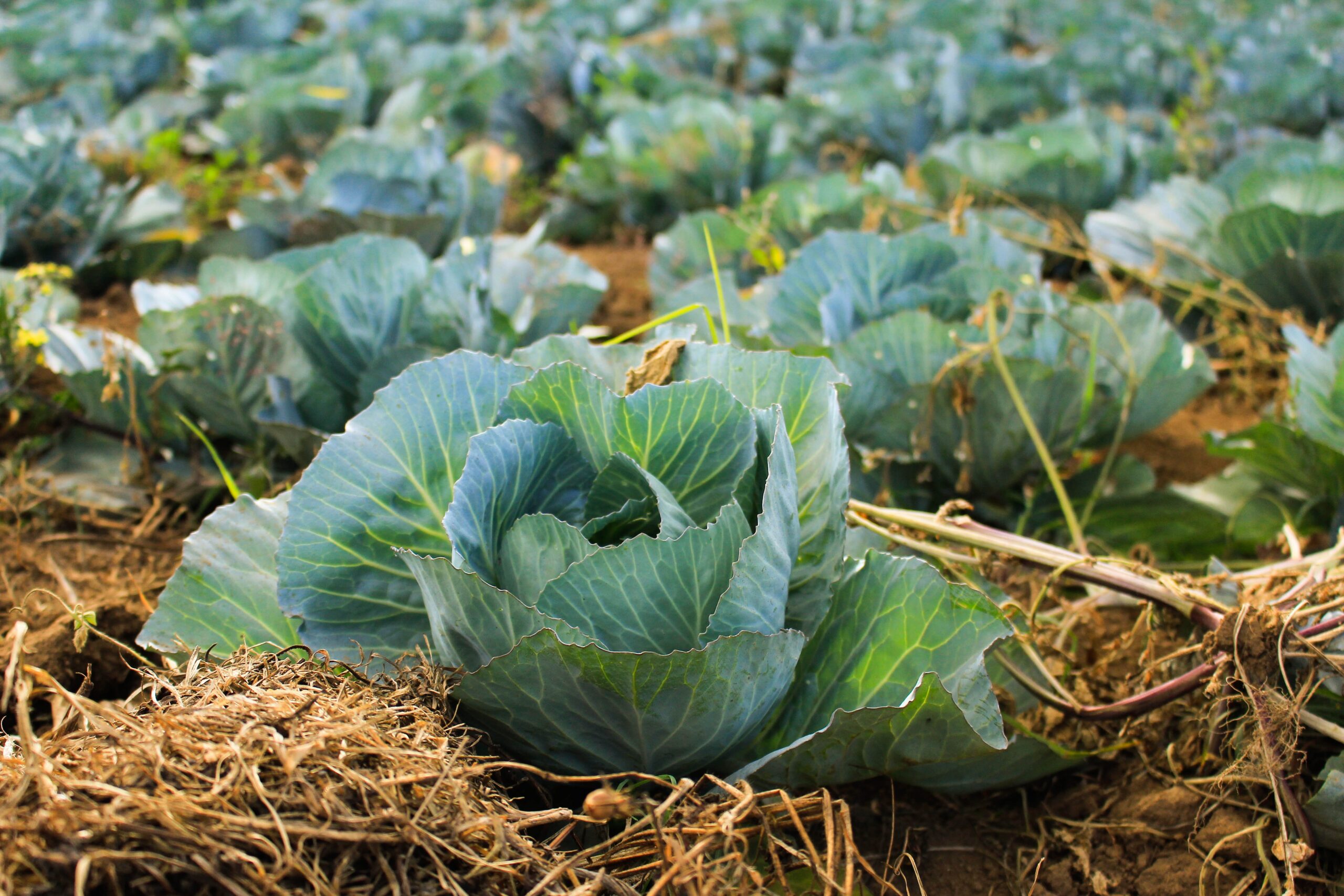Sustainable agriculture is any type of farming or agriculture in the world that is done in a way that is sustainable in the long run, meaning that farmers and others in agribusiness should use methods that utilize natural resources while ensuring that those resources are Updating or maintaining is feasible for future generations. Natural resources, such as soil, water, sunlight and air, are often taken into account when trying to ensure sustainability. (College hospitality courses london1)
Farm Sustainable farming, also known as sustainable farming, is the practice of trying to ensure that future generations can take advantage of the food sources available today. In particular, when it deals with crops and grown food, it should seek to ensure the sustainability of those foods. In general, crops used in agriculture need sunlight, air, water and soil to grow. Most efforts around sustainable agriculture are aimed at ensuring that these four resources remain available for future generations with sustainably grown produce from farms. Sunlight and air in sustainable agriculture are often linked to the environment and pollution in particular. Air pollution can lead to poor air quality, which can negatively affect crop growth Air pollution is likely to negatively affect other animals, including humans, not just agriculture, so it’s often seen as a bigger problem. The Earth’s surface is generally sunny, and any negative impact of reducing sunlight can also be detrimental to humans in other ways.
However, for sustainable agriculture, water availability and soil quality are often considered, and often easier to control than air quality and sunlight. Crops usually do well in areas with plenty of rainfall and other types of water. But in other areas, water can be more difficult to use for crops, so efforts are being made to ensure better irrigation and similar watering methods. Soil for sustainable agriculture is very important and one of the main factors in sustainability considerations. best business colleges in london
Water supply and soil quality considerations are critical to sustainable agriculture, where it is essential for the healthy growth of crops. However, harvesting crops removes some of these nutrients, so the land may end up being unusable for farming. Sustainable agriculture aims to reduce this problem through a number of different methods, including crop rotation and the use of organic fertilizers. In addition, periodic farming, which uses natural processes to rejuvenate the soil, has also been studied, such as the flooding of the Nile in Egypt, through Using these methods, soil can be kept healthy and crops can continue to hope farm
What are the different reasons for liquidation (Different Reasons for Liquidation)?
Liquidation is when a company or organization closes, sells its assets, and distributes the proceeds of the sale to creditors and other individuals or entities with claims on the company. Some liquidations are mandatory, in which case the procedure is based on a court order. Other liquidations are voluntary, in which case those who run the organization decide to cease operations. The most common reasons for liquidation are bankruptcy, legal problems, or a lack of desire by those managing the entity to stay in business.
Filing for bankruptcy can lead to liquidation of assets Rules around the world regarding court-ordered liquidation vary, but these proceedings can often be initiated by the company itself, its shareholders or its creditors. A party wishing to initiate proceedings must file court documents explaining the reasons for the liquidation, and if a judge grants the request, the company must cease operations, and administrators are usually appointed by the court to oversee the sale of its assets. A court-ordered liquidation usually occurs when those who control a company fail to issue stock certificates to shareholders or when the company fails to pay creditors. A court-appointed administrator reviews claims made on the entity’s assets and pays them according to their priority order, which usually means that creditors are paid before shareholders. Corporate bankruptcy often results in liquidation, but laws in many places also require Companies that are not bankrupt are liquidated. Companies are technically insolvent when they lack sufficient revenue to pay their debts. Insurance companies and other financial companies are often subject to mandatory liquidation when they become insolvent. Some long-established companies are liquidated when changes in the law mean that the business cannot continue to operate. Companies engaging in illegal activities must cease operations and liquidate to avoid prosecution for engaging in illegal activities. Other companies ceased operations and liquidated as a result of legal changes that made specific business models obsolete. This often happens when laws regarding import, export and information sharing change. Companies engaged in supplying technology to uphold previously valid laws no longer have a reason to exist. Voluntary liquidation sometimes occurs because shareholders of insolvent companies close the business before bankruptcy. It, but in other cases, shareholders or company owners willing to liquidate a company. If a business is provided for a particular event, the owners of the business usually liquidate the business after its creation. In other cases, business owners who wish to retire but cannot find a suitable buyer decide to liquidate the company to raise retirement funds.

